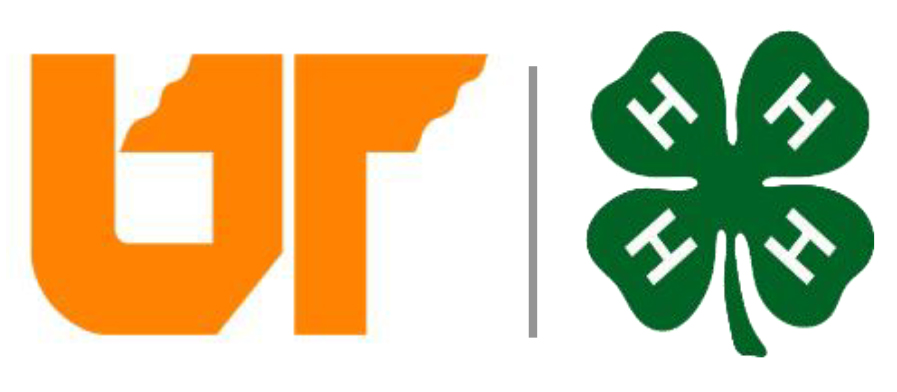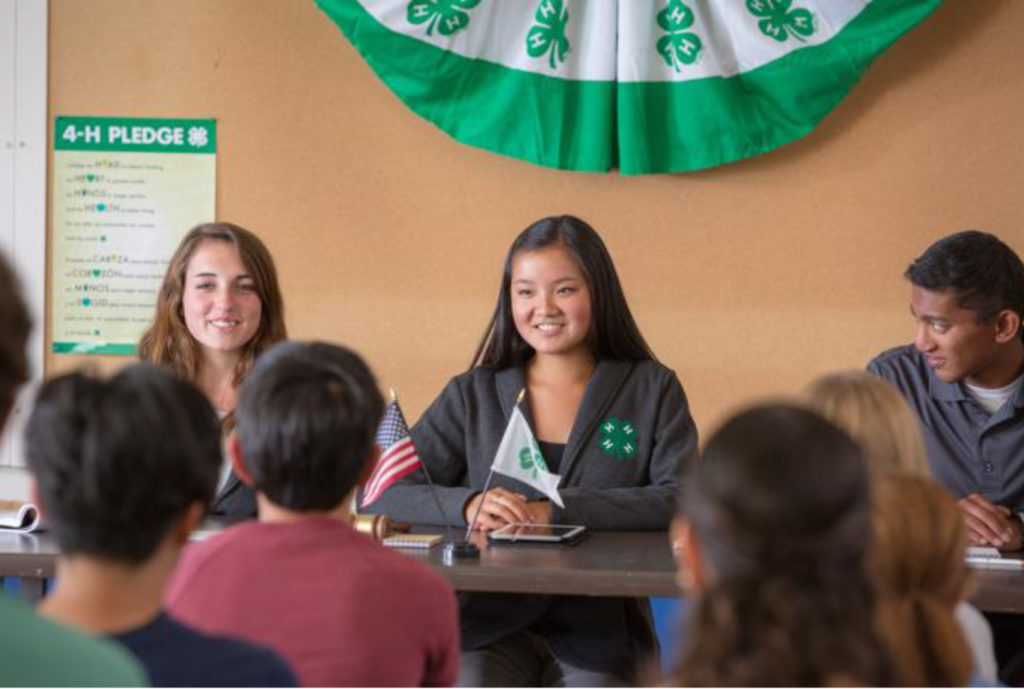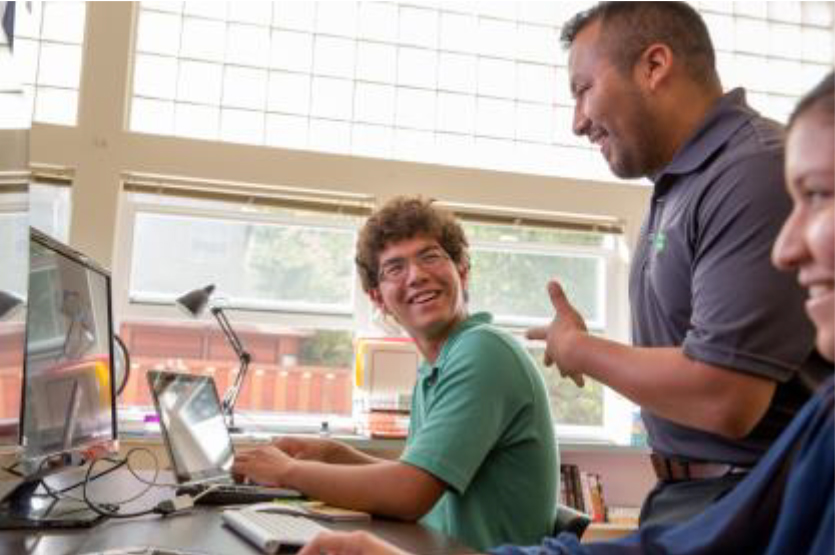
The Governor of Tennessee has been working hard on an initiative called Drive to 55. This is in- tended to get more Tennessee youth and adults to attend higher education. There is also a need to prepare these students to be successful in college and/or careers. To that end, Tennessee 4-H is partnering with the University of Tennessee Admissions office to offer an exciting 5 year program to prepare 4-H members to be successful in college and career endeavors. The program will be based on an effort currently underway at the University of Nebraska called “Next Chapter”.
Objectives of Next Chapter
- Inspire youth to choose to continue their education after high school
- Promote awareness of higher education options
- Develop college and career readiness skills
- Help students pair their interests with career choices
- Encourage students to explore careers
- Develop important life skills, including social skills, stress management, self-discipline, self-motivation, and responsibility
- Offered at the beginning of 8th grade and continues through grade 12
- Requires enrollment in Tennessee 4-H
Overview of the Program
The Next Chapter program is a collaborative effort between the Office of Admissions and Tennessee 4-H. In creating this program, we want to create an early discussion around what skills are necessary for students to be successful in both their secondary and postsecondary plans. With many of our audiences, this program serves as a launching point for potential first generation students to even consider themselves as college-bound. Our intent in registering and tracking student progress through this program is to simultaneously generate new 4-H participants and expand the reach of our brand, while supporting the ambitious growth goals laid out by Admissions as well.
The program guidelines will be created by an advisory team, consisting of admissions and 4-H administrators, as well as state, region, and county-level representatives from 4-H. Each club is facilitated at the county level, with some operating within the school day, others in an after-school or evening set- ting. We will also implement a day-long option at several locations across the state to provide another option for students to participate as well. The target audience will be 4-H youth in grades 8-12. As we set our required lessons for each year, we will start in 8th grade with a broad interest inventory, exploring career options, and potential pathways. This focus begins to sharpen each subsequent year as students get closer to graduation. We want the program to have a standardized focus statewide, but the flexibility to tap into unique resources, and address the individual needs of a given community. To that end, we will set out to formalize 4-5 lessons each year, while encouraging the club to meet monthly. The lessons are derived from existing activities and newly developed lesson plans. These will be developed by 4-H Specialists and Agents throughout the state with input from Ad- missions. Along with these lessons, each year includes a 4-H project that students are encouraged to display at their county fair or an open house.
Our kick-off event for 8th graders is designed to be a celebration for the youth. Those that RSVP will receive a certificate acknowledging their involvement in the program. Each student will have his/her name called, and have the opportunity to walk across the stage and shake the hand of our university administrators. After a lunch, students and their parents get a chance to talk with college representatives about potential majors, recommended high school coursework, etc. We will provide a work- sheet with questions designed to stimulate discussion, but we anticipate these discussions will take on a rich life of their own. The day culminates with optional tours of our campus and the stadium.
It is hoped that the University (s) will work with 4-H to devise a process by which students that complete the Next Chapter program will have an expedited pathway to university admission. This would serve as an incentive for youth to participate and complete the program.

Next Chapter Yearly Overview
If you believe your 4-H youth would benefit, contact Richard Clark. We hope to begin the program in the fall.


